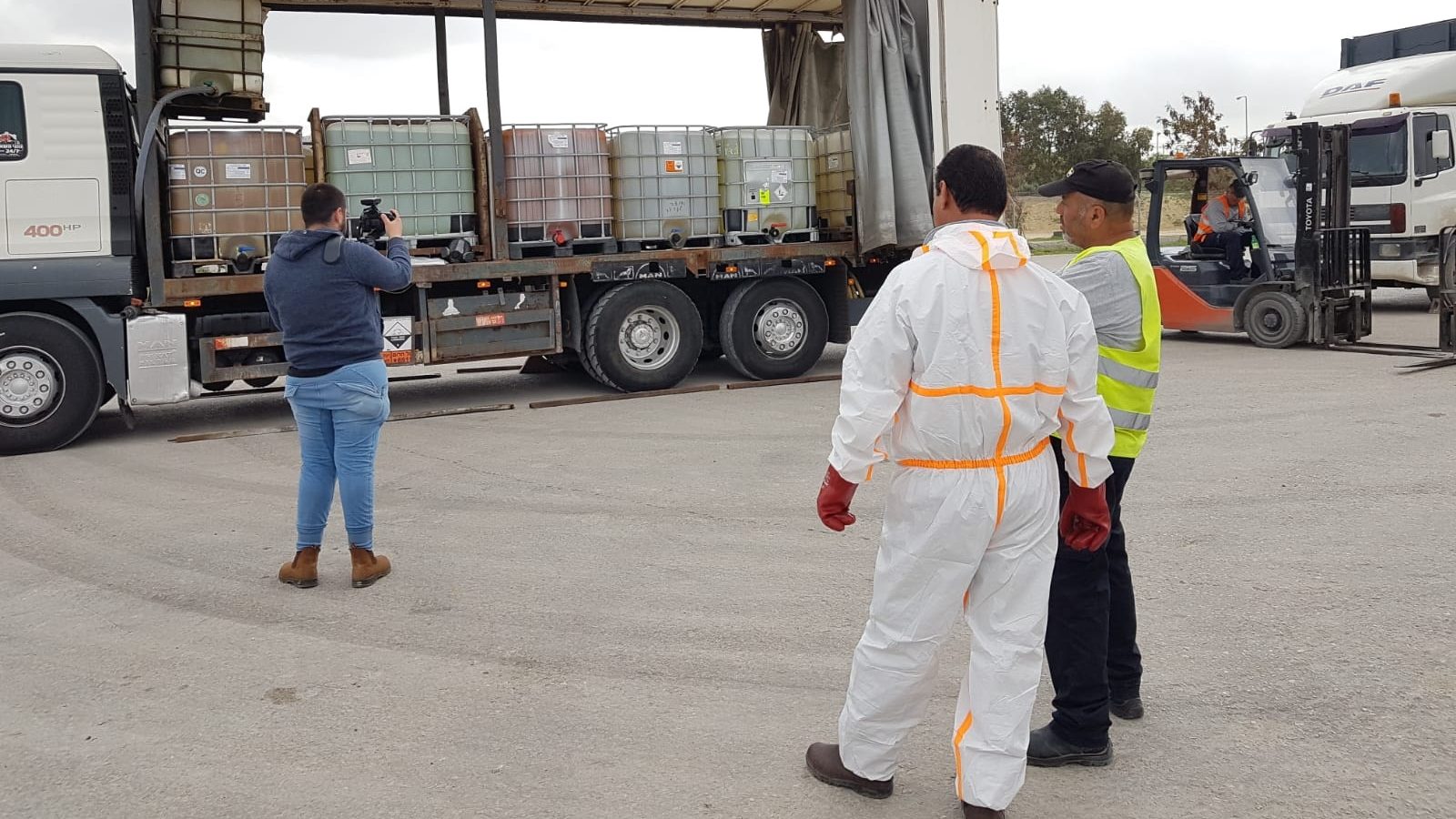COGAT Says UN’s Gaza Famine Declaration Based on ‘Biased and False’ Hamas Report
Israel has rejected a global classification of famine in northern Gaza, accusing the international monitoring body behind the assessment of using flawed data sourced in part from Hamas-affiliated individuals and organizations.
The Integrated Food Security Phase Classification system (IPC), a widely used global hunger monitor, declared on Thursday that famine is occurring in the Gaza governorate, which includes Gaza City, and warned that conditions are deteriorating rapidly across the territory.
The declaration prompted a sharp rebuke from the Coordinator for Government Activities in the Territories (COGAT), a unit of Israel’s Defense Ministry that oversees humanitarian efforts in Gaza. In a counter-report, COGAT said the IPC’s findings were “biased and false” and accused the organization of relying on “severe methodological flaws.”
“Instead of providing a professional, neutral, and responsible assessment, the report adopts a biased approach riddled with severe methodological flaws, thereby undermining its credibility and the trust the international community can place in it,” said COGAT chief Maj. Gen. Ghassan Alian.
COGAT specifically charged that the IPC relied in part on assessments from workers affiliated with UNRWA, some of whom Israel claims are Hamas operatives, though it did not specify which data points were in question.
Give the gift of hope
We practice what we preach:
accurate, fearless journalism. But we can't do it alone.
- On the ground in Gaza, Syria, Israel, Egypt, Pakistan, and more
- Our program trained more than 100 journalists
- Calling out fake news and reporting real facts
- On the ground in Gaza, Syria, Israel, Egypt, Pakistan, and more
- Our program trained more than 100 journalists
- Calling out fake news and reporting real facts
Join us.
Support The Media Line. Save democracy.
According to the IPC, an estimated 514,000 people in Gaza — nearly a quarter of the population — are experiencing famine conditions. That number is projected to rise to 641,000 by the end of September, with famine expected to spread beyond the north into Deir al-Balah and Khan Younis in the central and southern parts of the Strip.
COGAT’s report, released simultaneously, pushed back on the depiction of widespread starvation, instead highlighting aid efforts led by Israel and its partners. The agency said more than 10,000 trucks of aid have entered Gaza since May and that the Gaza Humanitarian Foundation, backed by the U.S. and Israel, has delivered over 2.2 million relief packages.
It also noted recent steps taken to ease the humanitarian crisis, including daily humanitarian pauses, expanded airdrop operations, and improved coordination with aid organizations. However, the report made only brief reference to the 11-week closure of crossings earlier this year, a period aid groups say had catastrophic effects.
“The international community must not be swept away by false narratives and unfounded propaganda,” said Alian. “It must examine the complete data and the facts on the ground.”
The IPC attributed the famine to intensified conflict, aid restrictions, mass displacement, and the collapse of local food production, saying hunger has reached “life-threatening levels” across the enclave after nearly two years of war. The group previously warned in July that a “worst-case scenario” was unfolding in Gaza but stopped short of an official famine declaration until now.
Under IPC standards, famine is declared when at least 20% of the population faces extreme food shortages, one in three children is acutely malnourished, and two people per 10,000 die each day from starvation, malnutrition, or related disease.
Israel disputes that those thresholds have been met and maintains that Hamas’s interference has hindered both data collection and the distribution of aid.
An infographic released by COGAT on Aug. 22 attempted to demonstrate the availability of basic food in Gaza by showing average market prices, though aid groups note that many in northern Gaza cannot access those markets due to security risks or lack of purchasing power.
“We don’t deny that there are humanitarian needs,” said one Israeli defense official, speaking on background. “But assigning blame without acknowledging Hamas’s systematic obstruction of aid, including theft and violence, paints an incomplete and dangerous picture.”



